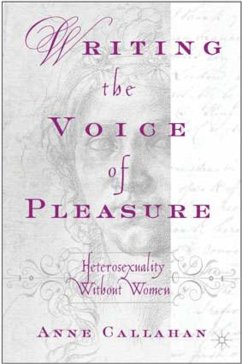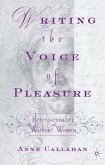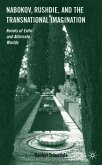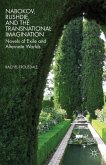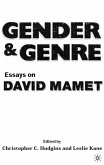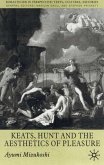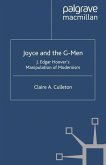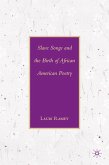The Voice of Pleasure makes a persuasive and fascinating argument that the romantic couple of Western representation is not heterosexual. Nor is it homosexual. With insightful new readings of landmarks of Western culture from Tristan and Yseut to Seinfeld , Callahan demonstrates that the illusion of heterosexuality is created by a male artist's assumption of a feminine voice to express desire. Named the 'troubadour effect' for the first time here, this tradition of male femininity in romantic writing results in a cultural model of desire best described as 'heterosexuality without women.' The most compelling aspect of the book is its attention to the effect of this paradox on women writers. Illuminating her argument with striking examples from the 'troubairitz' to Toni Morrison, the author shows how women writers inscribe their 'vagabondage,' a term she coins to name the consequences of the 'troubadour effect' for women's agency, as both writers and lovers.
Hinweis: Dieser Artikel kann nur an eine deutsche Lieferadresse ausgeliefert werden.
Hinweis: Dieser Artikel kann nur an eine deutsche Lieferadresse ausgeliefert werden.
'I admire [The Voice of Pleasure] tremendously. I wish I had read Professor Callahan's work while I was working on my book.' - Louise Kaplan, author of Female Perversions
'Callahan's thesis is an interesting and persuasive one. She is enormously learned: her cultural and historical references range over an astonishing period of time...I was particularly impressed by the initial chapters on medieval poetry and romance and the final chapter on popular culture... The book is written in a very clear style and is very readable, accessible to students and scholars alike. It offers useful and original information about the French romantic literary tradition in historical perspective.' - Carla Freccero, Professor of Literature and Women's Studies at UC Santa Cruz and specialist in early modern continental history and literature, U.S. popular culture, and feminist and queer theory
'Callahan's thesis is an interesting and persuasive one. She is enormously learned: her cultural and historical references range over an astonishing period of time...I was particularly impressed by the initial chapters on medieval poetry and romance and the final chapter on popular culture... The book is written in a very clear style and is very readable, accessible to students and scholars alike. It offers useful and original information about the French romantic literary tradition in historical perspective.' - Carla Freccero, Professor of Literature and Women's Studies at UC Santa Cruz and specialist in early modern continental history and literature, U.S. popular culture, and feminist and queer theory

